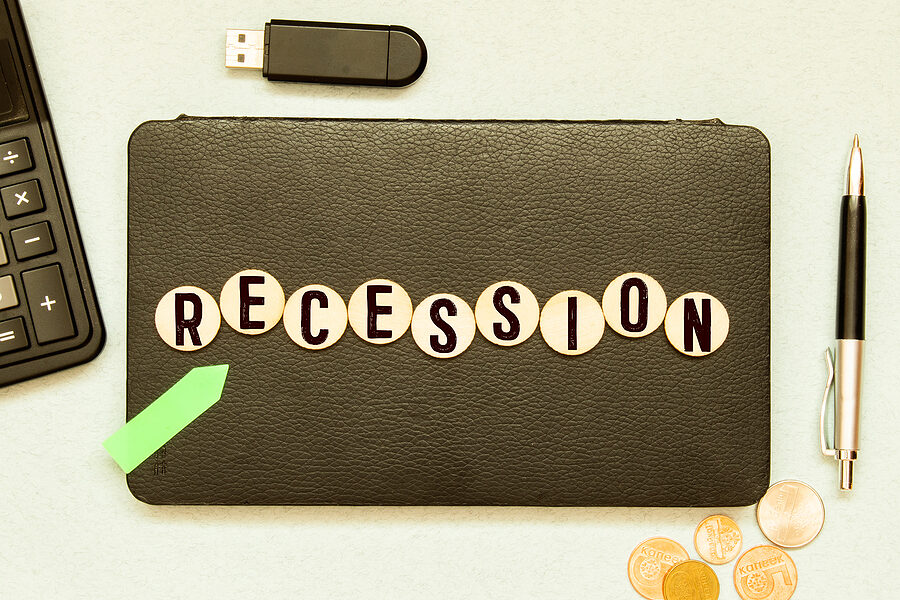The Extended Impact: Why Recessions Aren’t Just About Economic Growth
The Extended Impact: Why Recessions Aren’t Just About Economic Growth
Recessions, defined by consecutive quarters of negative economic growth, have been a cyclical feature of market economies since their inception. While it’s tempting to quantify a recession solely in terms of GDP contraction. It’s crucial to understand that the implications stretch far beyond economic growth. To truly appreciate the encompassing impacts of a recession, one must delve into various areas that may be affected:
Sociopolitical Considerations
Recessions leave a significant footprint on the socioeconomic landscape of affected nations. In severe cases, recessions may escalate social unrest. Dwindling financial resources can bring heightened competition and intensify socioeconomic issues and political instability. For instance, during the 2008 financial crisis, social movements like Occupy Wall Street emerged as a direct response to perceived corporate greed and financial mismanagement, demonstrating the profound sociopolitical ramifications of an economic recession.
National and Corporate Debt
National and corporate debt levels invariably surge during recessions as nations and businesses borrow to balance their books. As revenues plummet, they borrow to cover operational costs and essential services. The increased debt can compel spending cuts, leading to fewer managed services, job losses, and other consequences. For example, during the COVID-19 pandemic, companies worldwide loaded on debt to survive, potentially setting the stage for a future debt crisis.
Unemployment Rates
Recessions have a direct impact on employment rates. As businesses grapple with plummeting revenues, layoffs become an inevitable consequence. In the U.S., the Great Recession witnessed an unemployment rate peak at 10.0% in October 2009. Even after the economy recovered, the effects lingered, with increased competition for job positions and stiffened employment conditions. These elevated unemployment rates can bring about several adverse social consequences, from higher crime rates to mental health issues.
Consumer Sentiment
Consumer sentiment, or the degree of optimism consumers feel regarding the state of the economy, is deeply impacted by recessions. Dwindling consumer confidence leads to decreased consumer spending, which further impacts economic troubles as consumer spending accounts for a significant fraction of economic activity. In the aftermath of recessions, it can often take a substantial time for consumer sentiment to recover fully, further slowing economic recovery.
Recessions aren’t just a dry measure of declining GDP growth rates; they represent complex phenomena with numerous interconnected economic, social, and political facets. To truly understand the often devastating impacts of a recession, we must look beyond simple economic indexes to comprehend the broader range of direct and indirect consequences. As we adapt to a world increasingly characterized by economic uncertainties, having a holistic understanding of recessions can help guide us toward building more resilient economies and societies.
Disclosures
SWG 3210361-1123a The sources used to prepare this material are believed to be true, accurate and reliable, but are not guaranteed. This information is provided as general information and is not intended to be specific financial or tax guidance. When you access a link you are leaving our website and assume total responsibility for your use of the website you are linking to. We make no representation as to the completeness or accuracy of information provided at this website. Nor is the company liable for any direct or indirect technical or system issues or any consequences arising out of your access to or your use of third-party technologies, websites, information and programs made available through this website.
In addition, Guardian of Hawaii specializes in providing strategies and guidance for those seeking a better retirement lifestyle. If you have five million dollars or $50,000 retirement savings, we can ensure it works as hard. As a result, we offer our experience and knowledge to help you design a custom strategy for financial independence. Contact us today to schedule an introductory meeting!






